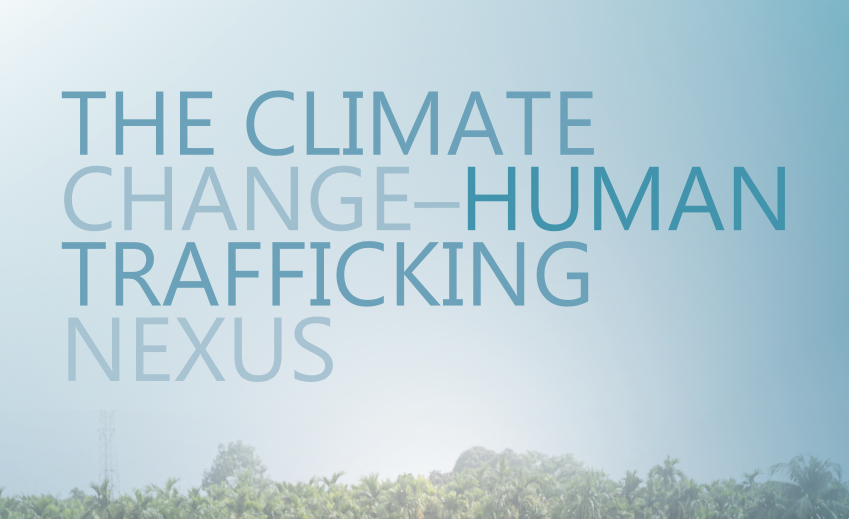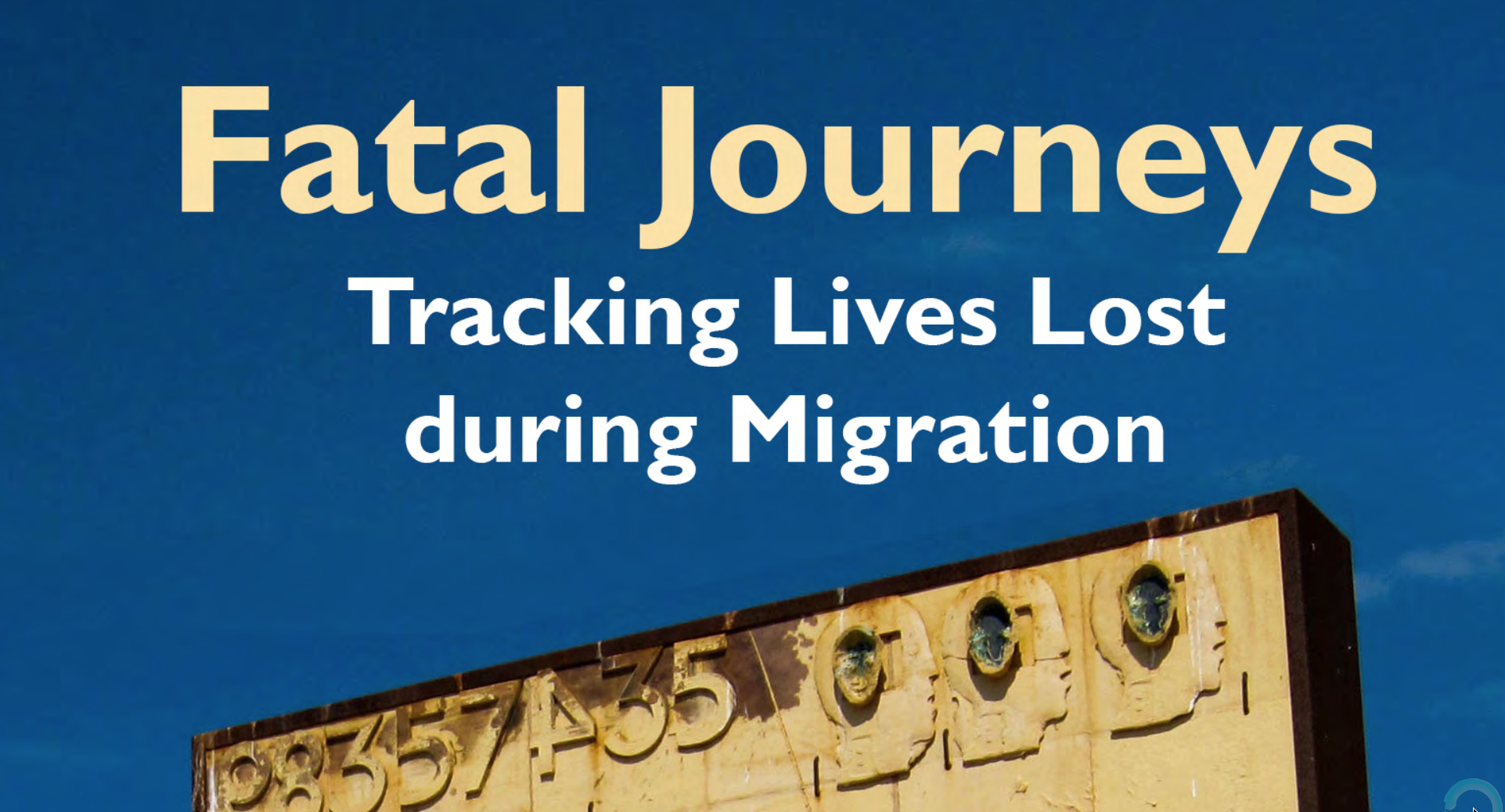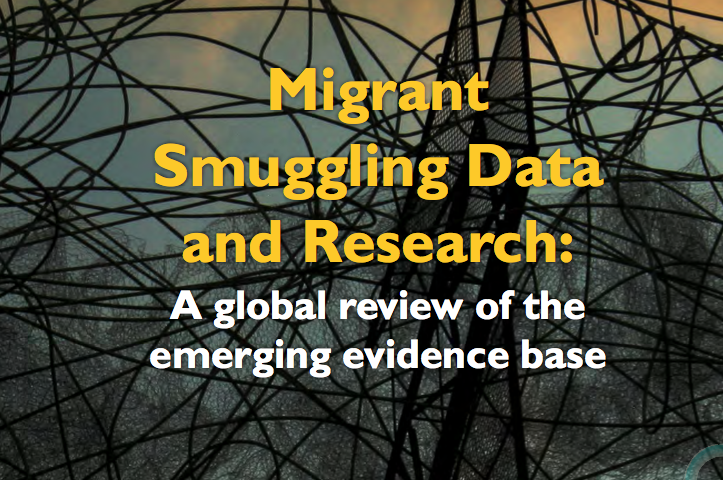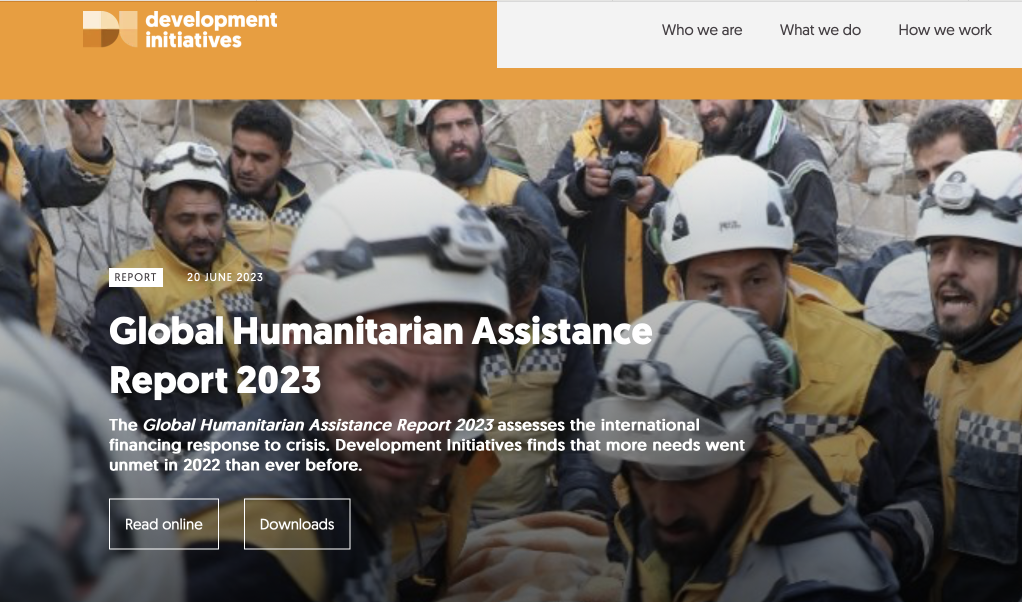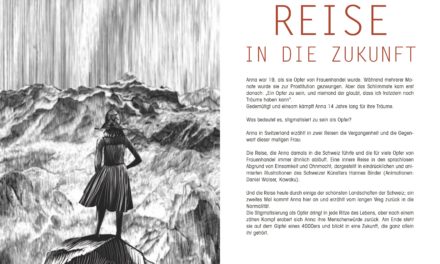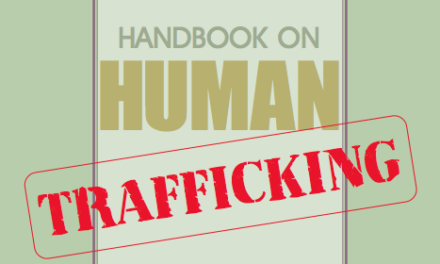Climate change increases the risk of natural disasters and places a strain on livelihoods; it exacerbates poverty and can potentially cause situations of conflict and instability. These conditions, when combined with a mismatch between demand for labour and supply and the proliferation of unscrupulous recruitment agencies, increase high-risk behaviours and other negative coping strategies among affected populations. This may include resorting to migrant smugglers, which in turn makes them vulnerable to trafficking in persons (TiP) and associated forms of exploitation and abuse. The impact of climate change, however, is rarely considered as a potential contributor to human trafficking in global discussions or national- level policy frameworks,1 and the nexus remains relatively underexplored.
https://publications.iom.int/books/climate-change-human-trafficking-nexus

